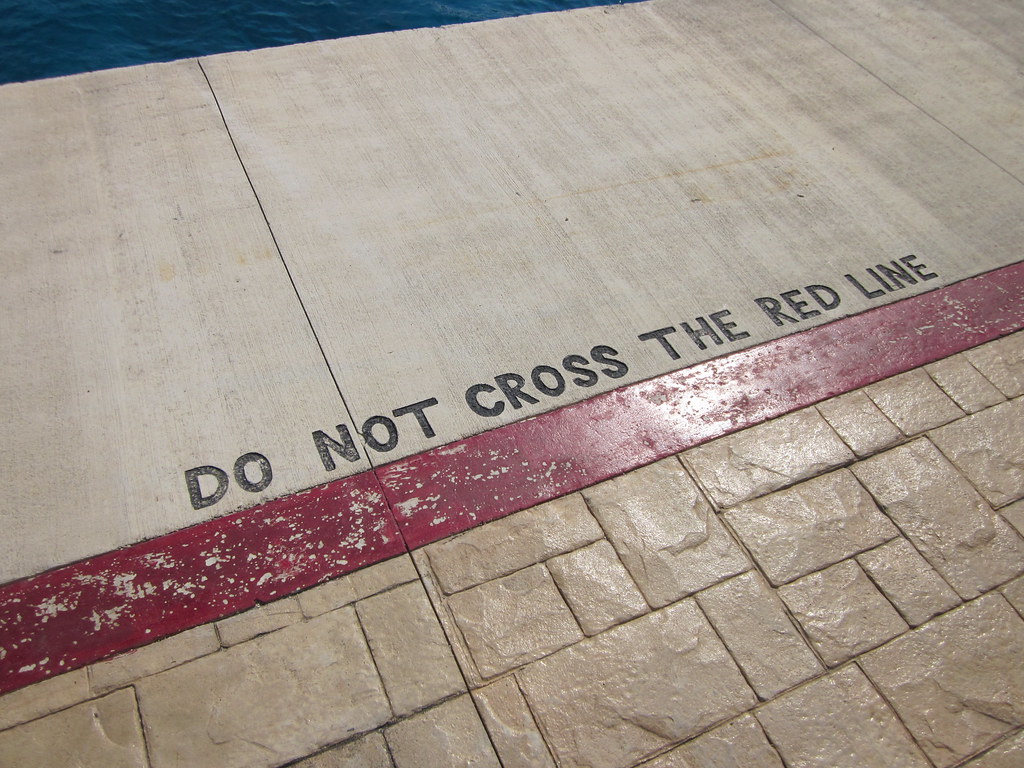The intersection of gaming and spirituality often provides intriguing discussions, particularly within the horror realm of Phasmophobia, where players embody ghost hunters seeking to uncover the secrets of the supernatural. A vital component of gameplay is the use of Tarot cards, which stand as potent symbols with multifaceted meanings. To delve deeper, we explore the implications of Tarot cards through a Christian lens, examining their relevance and interpretation in the context of the game.
Before we dive into the specifics, it’s essential to understand the general role of Tarot in Phasmophobia. These cards serve as a tool for players, offering insights and risks that can dramatically alter the course of their ghost-hunting expeditions. The game employs seven distinct Tarot cards, each laden with unique consequences—some beneficial, others perilous. This potential for both fortune and misfortune naturally invites a comparison with Christian teachings, which often emphasize themes of morality, fate, and divine intervention.
The first card to examine is the “The Fool.” In the Tarot, this card typically represents new beginnings and innocent exploration. From a Christian perspective, this can be viewed as a metaphor for faith. Just as believers are encouraged to step forth into the unknown with a trust in God’s plan, players using this card embark on their quest with an open heart, albeit with an awareness of foolishness that may lead to unexpected dangers. This juxtaposition echoes biblical notions of faith combined with the prudence warned against in Proverbs.
Conversely, “The Tower” card unveils dramatic upheaval. It signifies chaos and disruption, often leading to a stark realization or a necessary reckoning. In Christianity, this could correlate with the concept of divine retribution or the fallibility of human constructs in the face of God’s will. The moment this card is played in Phasmophobia can result in immediate peril, challenging players to reassess their approach and navigate a maze of new, unforeseen threats. The theological implications emerge, suggesting a need for humility and recognition of greater forces at play.
Next, we encounter the “High Priestess” card. Within the broader Tarot traditions, she embodies intuition and hidden knowledge. In a Christian context, this brings forth the Holy Spirit and spiritual discernment. Just as the High Priestess advocates for seeking wisdom beyond mere appearances, so too does the Christian doctrine advise believers to discern truth through prayer and guidance. Therefore, utilizing this card in Phasmophobia can serve as a reminder of the importance of seeking divine insight amid supernatural chaos.
The “Death” card, often misunderstood, signifies transformation or an end leading to a new beginning rather than the grim finality typically ascribed to it. Christianity embraces this notion through the themes of eternal life and resurrection. When players draw this card, it can serve as a stark reminder of the impermanence of life and the promise of renewal that is central to Christian belief. The transition signified by this card encourages a reflective pause, prompting thoughts of mortality and the afterlife.
In juxtaposition, the “The Lovers” card celebrates unity and choice, an encouraging message of connection that can be interpreted through Christian ideals of love and partnership. This card emphasizes the significance of relationships and moral decisions in one’s spiritual journey. In the game, drawing this card may evoke moments of collaboration among players, underscoring the shared experience of conquering fears together and making choices that resonate with biblical teachings on love and fellowship.
“One may also draw ‘The Wheel of Fortune,’ symbolizing fate and cycles. This card exemplifies God’s sovereignty over the universe, aligning with the Christian understanding that life’s ups and downs are part of a divine plan. It may encourage players to remain resilient, trusting that trials are temporary and part of a larger purpose. In Phasmophobia, this lesson rings true; the randomness of chance with Tarot can reflect the unpredictable nature of life, echoing spiritual teachings on acceptance and grace.
Finally, the “The Hermit” card advocates for introspection and guidance from within. In Christianity, there’s a deep appreciation for solitude as a time of communion with God. In the context of Phasmophobia, players might find themselves needing to regroup and reflect, using this card to search for inner strength or wisdom amid chaos. This resonates with the idea that true insights often emerge from peaceful solitude and listening to God’s voice in quiet moments.
As we weave together the themes emerging from the Tarot within Phasmophobia, a fascinating tapestry unfolds, interlacing gameplay with profound spiritual exploration. Players, while navigating the harrowing world of the supernatural, are concurrently presented with an opportunity for self-reflection, moral questioning, and the exploration of fate, much akin to Christian journeys of faith.
Whether approached as mere entertainment or a means to spark deeper contemplation, the meanings behind the Tarot cards engage players to think critically about their beliefs and the decisions they make. In a world where the ethereal merges with tangible gameplay, these cards challenge players to not merely interact with the spectral but to engage with their inner selves and the divine. Through the lens of Christianity, the Tarot cards in Phasmophobia transcend their traditional meanings, becoming catalysts for profound spiritual reflection amidst the thrills of ghost hunting.







Leave a Comment